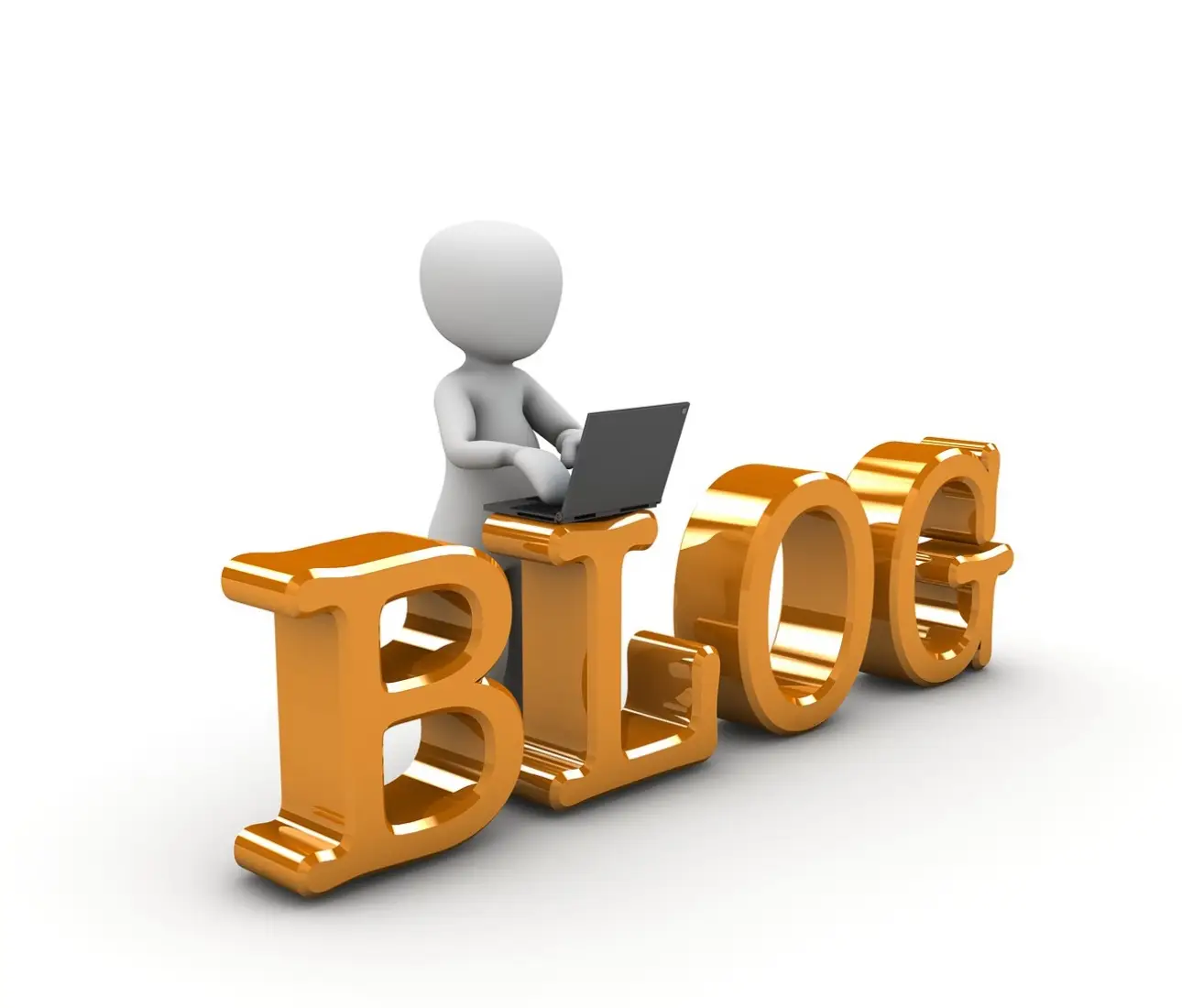
Introduction
The COVID-19 pandemic brought about unprecedented challenges, and communities around the world sought ways to show support for frontline workers. In the UK, clapping for the NHS (National Health Service) became a popular weekly ritual. However, as the gesture gained momentum, concerns arose about its potential dangers. This blog post delves into the reasons why clapping for the NHS, while well-intentioned, may pose risks, and explores safer alternatives to show appreciation.
The Origins of Clapping for the NHS
The idea of clapping for healthcare workers originated in March 2020 as a way for the public to express gratitude towards the NHS staff risking their lives during the pandemic. Every Thursday evening, people would stand on their doorsteps, balconies, or lean out of windows to applaud the NHS heroes. This simple act of solidarity quickly spread across the UK, creating a sense of community during a time of social isolation.
The Hidden Risks of Clapping
While clapping for the NHS was a powerful symbol of unity, it is important to consider the potential risks associated with this practice.
- Crowd Gathering and Social Distancing Issues: Despite the intention to maintain social distancing, clapping events often led to people gathering in groups, especially in urban areas. This increased the risk of COVID-19 transmission, undermining the very efforts to protect public health that the NHS was fighting to uphold.
- Noise Pollution and Its Impact on Vulnerable Populations: The loud clapping, banging of pots and pans, and even fireworks used during these events created significant noise pollution. For vulnerable individuals, such as the elderly, those with anxiety, or people suffering from PTSD, the sudden loud noises could be distressing. Additionally, it may have disturbed shift workers, including NHS staff, who were resting during those hours.
- Emotional and Psychological Impact on Healthcare Workers: Although the clapping was meant to boost morale, some healthcare workers reported feeling uncomfortable or even guilty. The applause highlighted their dire situation, sometimes making them feel as though they were being sent to the frontlines of a war. This emotional burden, coupled with the physical exhaustion of their work, could exacerbate stress and burnout.
- Environmental Concerns: Clapping events sometimes involved the use of fireworks or other celebratory activities that contributed to air and noise pollution. The environmental impact, though not always immediately apparent, was another concern raised by environmentalists and local communities.
Safer Alternatives to Show Support
Understanding the risks associated with clapping for the NHS doesn’t mean that appreciation should be withheld. There are safer, more sustainable ways to show support:
- Donations and Fundraising: Direct donations to NHS charities or fundraising efforts can provide tangible support. These funds can be used for essential supplies, mental health resources, and support for healthcare workers and their families.
- Letters and Messages of Appreciation: Writing letters, emails, or social media messages can be a personal and meaningful way to express gratitude. Healthcare workers have reported feeling uplifted by receiving thoughtful words from the community they serve.
- Volunteering and Community Support: Offering to volunteer in local initiatives that support the NHS, such as delivering groceries to vulnerable individuals or helping at vaccination centers, can make a significant difference. This direct action provides relief and reduces the burden on healthcare services.
- Advocacy for Healthcare Improvements: Supporting long-term systemic changes in healthcare by advocating for better funding, working conditions, and mental health support for NHS workers is another powerful way to contribute. This ensures that appreciation translates into meaningful, lasting change.
Conclusion
While clapping for the NHS began as a heartfelt gesture, it’s crucial to recognize the potential risks it poses. By exploring safer and more effective ways to show our appreciation, we can continue to support the NHS without compromising public health or the well-being of our healthcare heroes. Let’s channel our gratitude into actions that make a real difference, ensuring that the NHS receives the support it needs both during and after the pandemic.
Discover more from Beauty Cosmetics
Subscribe to get the latest posts sent to your email.
